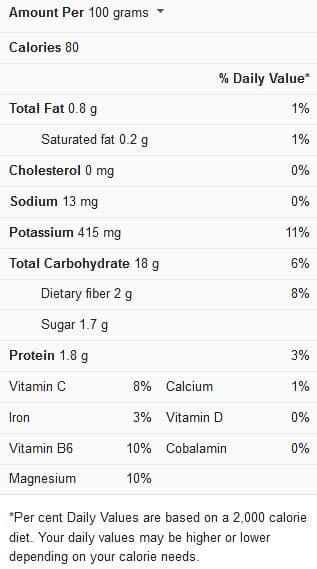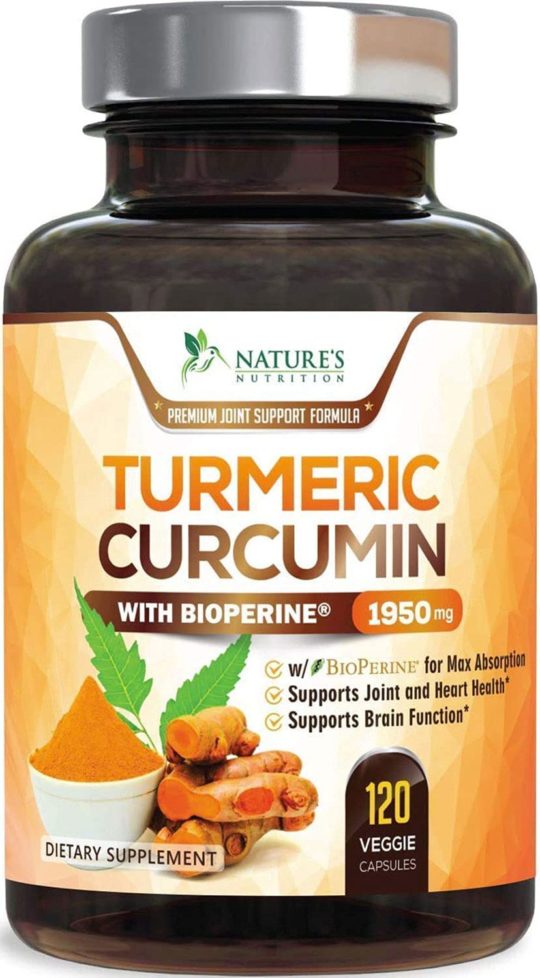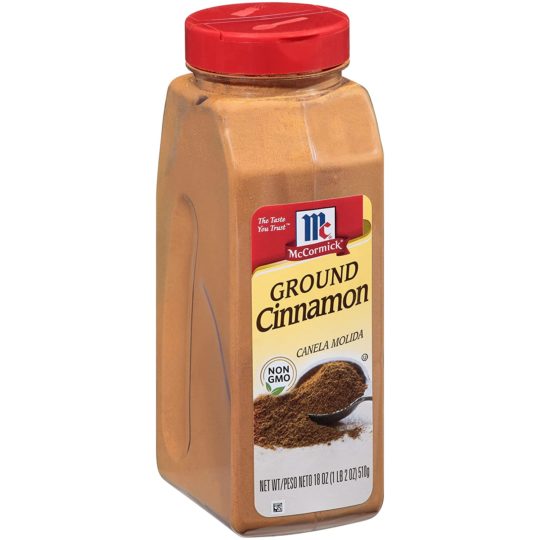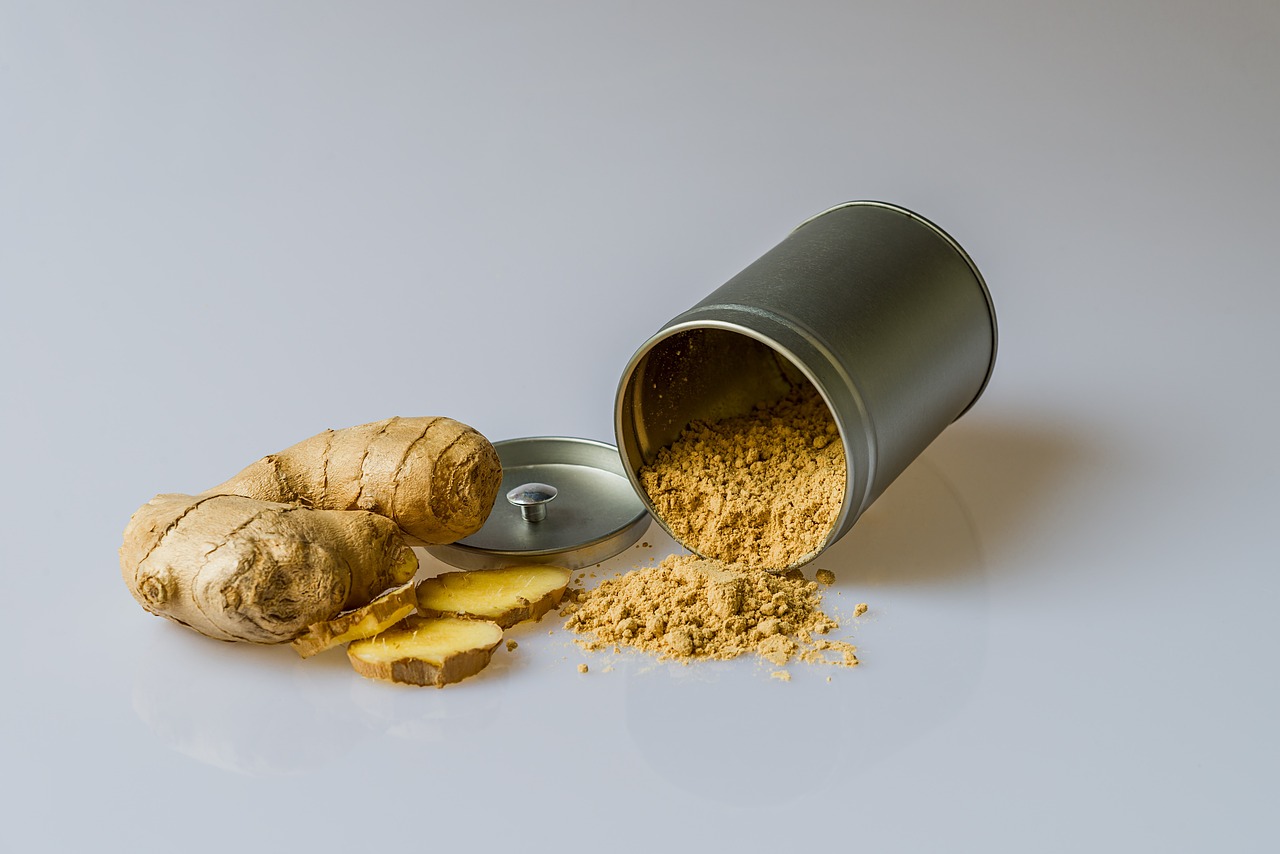Ginger is a versatile spice available in different forms, one of which is dry ginger powder. The dried ginger root is pulverized into this wonderful off-white to light brown spice. Ginger powder is a rather handy form of ginger spice. It is useful for sprinkling on loads of recipes, including baked goods, sauces, curries, and chutneys.
What is to be done in an event, however, where you have no dry ginger powder to use in your recipes? Well, various spices would do the trick in your recipes in the absence of ginger powder. Some of these spices derive their capacity from being closely related to ginger. Others possess similar qualities that make them good enough substitutes for ginger powder.
It is important to note the appropriate substitution proportions in substituting these options. This is so that their effects in your recipes would be close enough to the results you would obtain with the use of ginger powder.
Ginger nutrition facts

What is Ginger powder?
Ginger is a flowering plant whose rhizome is a popular spice and folk medicine. Ginger powder is typically made from dried ginger root. It is a fine, off-white, or slightly brownish powder with a spicy scent and flavor. Ginger powder is relatively easy to store and can boast about one year of shelf life.
Ginger rhizomes used to make ginger powder must be collected when fully mature (8–10 months), then soaked overnight and thoroughly rubbed for cleanliness. The peel is scraped off delicately with a bamboo splinter or wooden knife after being removed from the water. This process must be done by hand because it is too delicate to use the equipment. Dried ginger is afterward ground in the consuming centers where it arrives after being traded worldwide.
Dry ginger powder is commonly employed in recipes to impart taste and aroma, in addition to its clinical and medical benefits.
Uses of Ginger powder in recipes
Dry ginger powder is widely used as a spice in various dishes, including curries, gravies, and marinades. Popularly known as the “baker’s choice,” ginger powder is commonly used to flavor gingerbread and other baked goods. Ginger tea can also be made by combining the ginger powder with other spices, including turmeric, cinnamon, and cloves.
There are various recipes in which ginger powder is commonly used. Some of them are listed below:
- Grilled ginger-soy chicken
- Ginger almond bread
- Steamed chicken with sand-ginger powder
- Ginger soy sauce
- Grilled fish
- Ginger veggie stir fry
- Ginger soy Asian steamed fish
- Garlic ginger dipping sauce
- Quick ginger pork stir fry
- Crispy ginger cookies
- Homemade gingerbread
- Chewy ginger molasses cookies
- Gingerbread cake
- Chicken and pasta in ginger sauce
- Creamy pasta
- Vegan ginger cake
- Apple ginger pie
- Ginger chicken stew
- Ginger and sherry steak casserole
- Chicken potatoes casserole
Substitutes for Ginger powder
When a recipe calls for ginger powder, and it seems impossible to use any due to its absence or a need for a different taste, some substitutes can be used in its place to achieve similar results.
The following options can be substituted for ginger powder in most recipes:
Turmeric or cardamom

These two miracle spices are closely linked to ginger root. Turmeric has an earthy, bitter flavor rather than sharp and spicy, and cardamom has a nutty, herbaceous, and lemony flavor. Turmeric and cardamom are not exact substitutions, but they will give your recipe a certain vibe that you won’t get if you leave ginger powder out entirely.
Suppose you decide to use turmeric in place of ginger powder. In that case, it is important to remember that its bright yellow color may not suit the recipe you’re creating, so keep that in mind before making the switch. Ginger powder can be replaced with equal turmeric powder or ground cardamom.
Allspice, cinnamon, or nutmeg

Allspice is a great substitute for dry ginger powder in recipes, but it can also help if you’re out of fresh ginger. Allspice is a popular dry spice substitute due to its somewhat sweet and spicy flavor.
Suppose allspice is also not available. Substitute cinnamon, nutmeg, or even ground cloves. A two-inch cinnamon stick is roughly comparable to ¼ teaspoon of ground cinnamon if you only have cinnamon sticks.
Replace every tablespoon of fresh ginger with a quarter teaspoon of allspice, cinnamon, or nutmeg. Allspice and other options can be substituted for dry ginger powder in equal amounts.
Frequently asked questions (FAQs)
Can ground Ginger be substituted for fresh Ginger?
It’s not perfect, but it’s the best alternative. The substitution ratio is as follows: for every one tablespoon grated ginger, use ¼ teaspoon ground ginger
What is the difference between galangal and Ginger?
The most notable difference is in their flavors: galangal has a harsh lemony, almost piney flavor, whereas ginger is fresh, pungently spicy, and barely sweet.
How much-powdered Ginger equals a tablespoon of fresh Ginger?
Use 1/4 teaspoon of ground ginger for every one tablespoon of fresh ginger called for in a recipe. However, keep in mind that it rarely works the other way around.
Conclusion
The most important thing to consider when substituting other options for any particular ingredient in recipes is how well the substitutes can work to replicate the exact effects you crave in your recipes. Thankfully, with ginger powder, our suggested options also possess the capacity to impart strong flavors into dishes.
Also, it is important to remember that these substitutes for ginger powder should be used in appropriate amounts for the best possible results.

